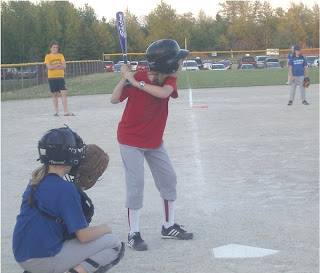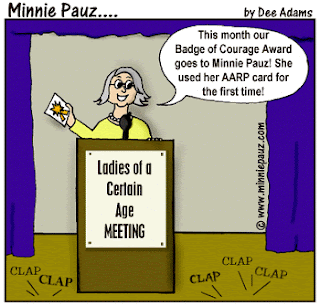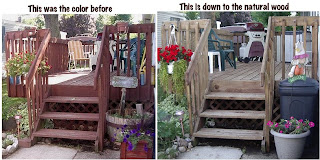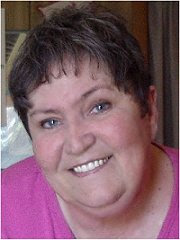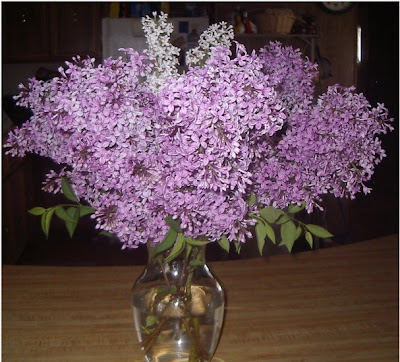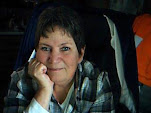I believe this issue deserves more attention than it gets, not only during menopause, but throughout our lives. And it not only affects us women, but spouses and even young children. It not only affects your energy level but also your weight! Just read this: "....lack of sleep changes blood-sugar levels and metabolism. It also affects impulse control, and it's harder for people to pass on food they know they shouldn't be eating."
What are some of the reasons for lack of sleep or trouble sleeping during the menopausal transition? According to one website it could be any one or a combination of:
•hyperarousal - anxiety, stress
•poor pre bedtime and sleep habits
•underlying mood disorders
•sedative overuse
•pain
•general medical problems
•nighttime urinary frequency
Here are some of their tips on how to get a better night's sleep:
•Make sure bedroom noise is controlled and temperature is cool
•have a fixed schedule to going to bed and getting up. Try not to vary it.
•avoid alcohol and exercise within 5-6 hours of bedtime and no caffeine after noon.
•do not look at the bedroom clock after you lie down in bed or if you get up at night
•eat a light snack containing protein, especially tryptophan, before bed. This would include milk, cheese, yogurt, cottage cheese, bananas, fish, and turkey.
•do not reflect upon the day's events or your "todo" list in the hour or two before bed But this could be anyone.
What is the connection to menopause? According to WebMD, a site I rely on a lot (but always compare info from at least 3 sites) "Approximately 75-85% of menopausal women experience hot flashes, which can last for five years. Hot flashes and sweating can make it difficult to sleep. According to the National Sleep Foundation, approximately 61% of menopausal women have sleep problems. Sleeping difficulties can lead to other problems, such as daytime drowsiness."
So what are some of the solutions for getting a good night's sleep? Here are a few recommendations:
Some Dr's recommend HRT, but there's a lot of confusion and controversy about what kind, how much and how long you should take it. Many women still use it and swear by it. It's truly a personal decision as are other solutions such as black cohosh. Dr. Andrew Weil says: "Black cohosh (Cimfugaa racemosa) can help relieve hot flashes and insomnia related to menopause." Some women use sleep aids because at some point you just can't keep going about your busy life with no sleep! It affects your relationships, your career and your overall health.
There's also melatonin, which promotes sleep, as well as
SleepyTime Tea with Valerian (another herb that helps you sleep). There are different kinds of wicking sleepwear and bedding to use, many kinds of cooling devices such as a fan that blows under your sheets and something to slide inside your pillowcase. The small battery fans are a big help, as well as a refreshing, cooling spray or a glass of ice water kept on your beside table . Everyone's key to a good night's sleep is different.
I found that using bedding that has the
Outlast technology has really improved my "night heat" problem. Yes they are a Sponsor, but I was not paid to recommend their products. For me it really works. As a side note, nearly every type of "cooling bedding" you find on the market will be using the Outlast technology.
Let us know what works for you or if you have another solution!





